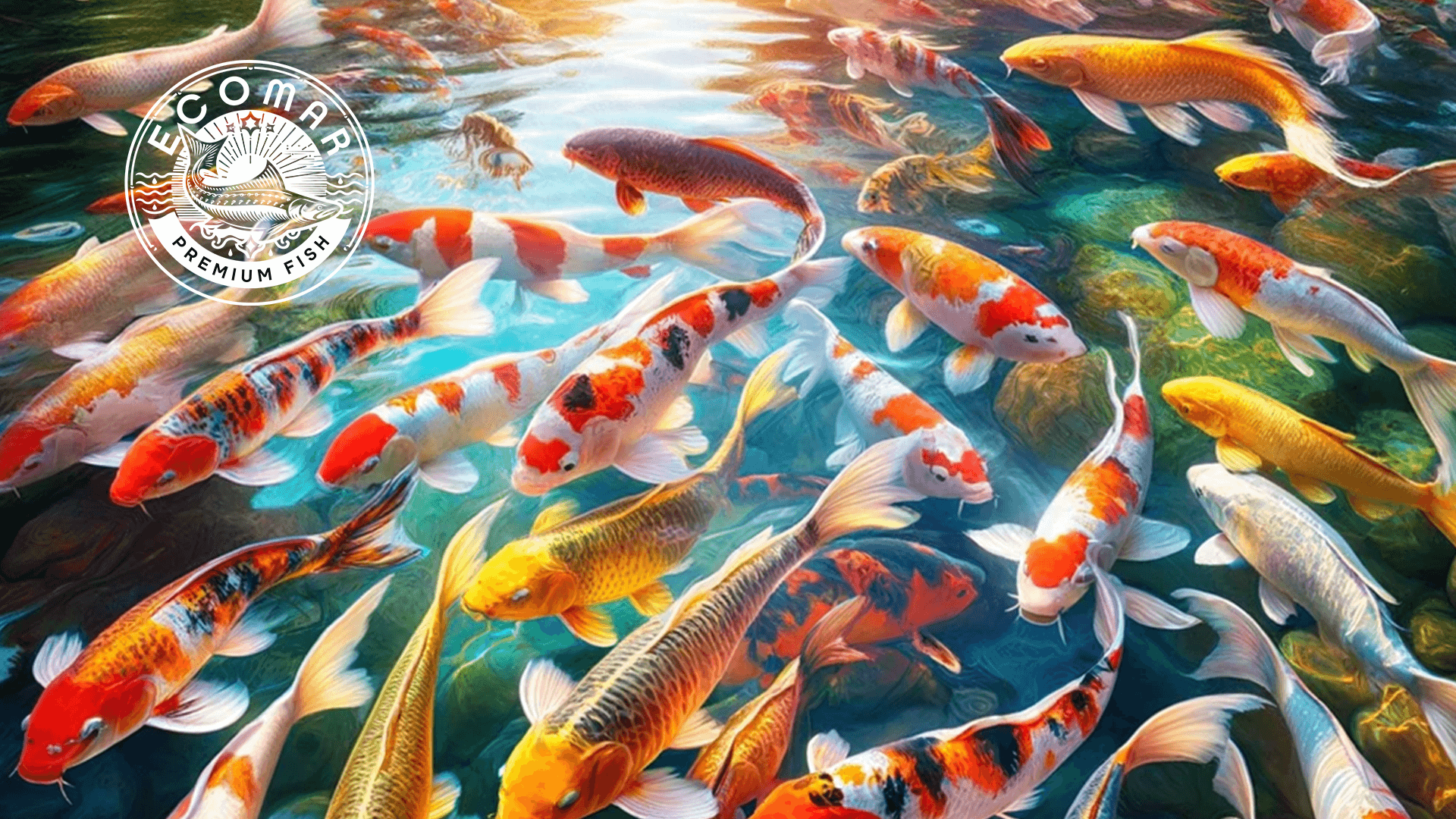Insights into Aquaculture: Advancements and Regulatory Landscape in the EU

Aquaculture, practiced sustainably, addresses pressing global challenges by providing nutritious, diverse food for an expanding population. This method helps conserve wild fish stocks by reducing the necessity for increased wild fish capture. Offering fresh, local produce, aquaculture aids in minimizing carbon emissions through decreased transportation needs. Moreover, it generates less climate and environmental impact compared to other farming methods like cattle farming. This industry not only provides livelihoods in remote coastal and rural areas but also plays a role in ecosystem and biodiversity preservation, particularly through practices like mollusc farming and extensive aquaculture.
Regulatory Compliance and Site Viability in EU Aquaculture Enterprises
For establishing an aquaculture enterprise in the EU, one must obtain authorization from national or sometimes regional authorities, ensuring the proposed location’s suitability and its minimal environmental impact. Such businesses must adhere to stringent regulations regarding water use and discharge, animal health, environmental impact, and food safety. This includes meticulous record-keeping on animal health, use of veterinary medicines, and ensuring humane treatment of farmed animals.
Not all locations or conditions are suitable for aquaculture, necessitating thorough viability studies for site selection and species farming. While various potential sites exist, each requires specific studies and conditions for licensing.
Although many fish species theoretically could be farmed, EU aquaculture primarily focuses on a select few, whose biology and captive breeding are well-understood, and for which there is significant market demand.
EU aquaculture employs diverse production methods like enclosures, pens, and recirculation systems, tailored to specific species ranging from salmon to seaweeds. Early growth stages often require hatchery and nursery conditions.
Aquaculture, like any economic activity, impacts the environment. However, with proper management and adherence to EU environmental legislation, it can be a sustainable protein source. Some aquaculture forms, appropriately managed, offer ecosystem services like nutrient absorption and biodiversity conservation.
Regarding water quality, EU aquaculture mandates adherence to strict standards to maintain aquatic animal health and farm profitability. Aquaculture systems, particularly ones like mollusc farming, can enhance water quality by absorbing excess nutrients.
Recirculating Aquaculture Systems (RAS) represent a sustainable, land-based solution, though they come with high energy demands and significant investment costs.
Aquafeed is a blend of vegetable by-products, fish meal, oils, and occasionally, terrestrial animal production by-products. Sustainable feeding systems, utilizing alternative proteins like algae or insects, are increasingly emphasized.
Organic aquaculture products, distinct from conventional ones, adhere to specific EU regulations, focusing on environmental conservation, animal welfare, and strict input limitations.
Offshore aquaculture, while feasible, faces challenges related to extreme oceanic conditions and logistics. Integrated Multi-Trophic Aquaculture (IMTA) shows promise for environmental sustainability, though it requires further development for industrial application.
The EU’s main aquaculture products include sea mussels, trout, and oysters, among others. The region’s competitive edge lies in its adherence to high sustainability and quality standards.
Research into diversifying EU aquaculture is ongoing, with projects like “Diversify” exploring new species options. Algae also present significant potential.
Aquaculture contributes 27% to the EU’s aquatic food product consumption, with 37.5% of these products coming from EU aquaculture. Organic aquaculture represents 6.4% of total EU production.
- Sustainable Solution: Aquaculture offers a sustainable food source, reducing reliance on wild fish capture and supporting global food security.
- Regulatory Compliance: Initiating an aquaculture operation in the EU requires authorization from relevant authorities, adhering to stringent environmental, animal health, and food safety regulations.
- Site Suitability: Successful aquaculture depends on appropriate site selection, requiring detailed viability studies for specific locations and species.
- Species Selection: EU aquaculture focuses on a limited number of well-understood species, balancing biological knowledge with market demand.
- Diverse Production Methods: EU aquaculture utilizes various methods like pens, recirculation systems, and tanks, tailored to different species.
- Environmental Impact: Properly managed aquaculture can be environmentally sustainable, offering ecosystem services and maintaining biodiversity.
- Recirculating Systems: RAS (Recirculating Aquaculture Systems) minimize water use and allow for controlled farming conditions, albeit with higher energy and investment costs.
- Organic and Sustainable Feeding: Aquafeed incorporates sustainable ingredients, with a growing emphasis on alternatives like algae and insects. Organic aquaculture adheres to strict EU regulations for environmental and animal welfare.
Spain, France, Greece, Italy, and Poland lead in EU aquaculture production, with Norway dominating European production. Compared to global trends, EU aquaculture growth is relatively stagnant, highlighting an area for potential development and growth.
REFERENCES: European Commission



